|
SAFARI: is probably the most well-known word in the Swahili language, and it means "journey". SAFARI NJEMA: is an expression used since time immemorial throughout East Africa, and it's used to wish the best to the traveler (s). After crossing three oceans, the Suez and Panama Canal and also the Red and Mediterranean Sea, we finally have totally available in Barcelona and Santiago our new Tanzanian lots and microlots.
0 Comments
We just had a great origin trip to Tanzania. It was amazing to see on the ground, the massive work that is being done in different spheres of the country, with the aim of revitalizing their coffee industry and re-obtaining a global prestige, already lost since the 80-90's. With young local professionals bringing new ideas and energy, the help of foreign experts, serious government projects and planning, and the always present example of the "elder coffee brother" (Kenya); the industry in Tanzania is rising from the ashes and paving a great future. Today, the best lots are being produced in the area of Kilimanjaro, Arusha and Karatu in the north of the country, and Mbeya in the south. Unlike Kenya (with two harvests), in Tanzania there is only one very long harvest a year. It extends from June and can last until December, in the highest areas. Soils are volcanic and very rich in essential nutrients, perfect for the cultivation of high quality Arabicas. Although, there are important challenges that must be overcome: one of the most urgent is the low productivity of the coffee plantations in the northern areas. A coffee tree is considered not economically profitable when it reaches 20-25 years of age. In Tanzania there are over 240 million coffee trees, and the vast majority are over 40 years old. If we add to this, that most coffee growers are improperly combining coffee with other “more profitable crops” such as bananas, overshadowing coffee trees and destroying the soil with an excessive use of pesticides. And lastly, the lack of infrastructure, especially in the south, make the costs of marketing and sale of coffee extremely high, and in some cases farmers get as little as 50% of the FOB price. From our perspective, we are convinced that working towards strict lots separation, direct trade and building coffee-relationships with farmers and co-op's committed to quality, are the key to open the gateway of this origin, which has a potential as big as the Kilimanjaro, to produce high quality coffees.
|
Archives
April 2024
Categories
All
|
- What We Do
- Que Hacemos
-
Origins
-
Orígenes
- Education
- Educación
- Contact
- Contacto
- Home Roaster Store
- Tienda del Home Roaster

|
Copyright © 2015-2024 | Kilimanjaro Specialty Coffees España S.L.U. All Rights Reserved.
|

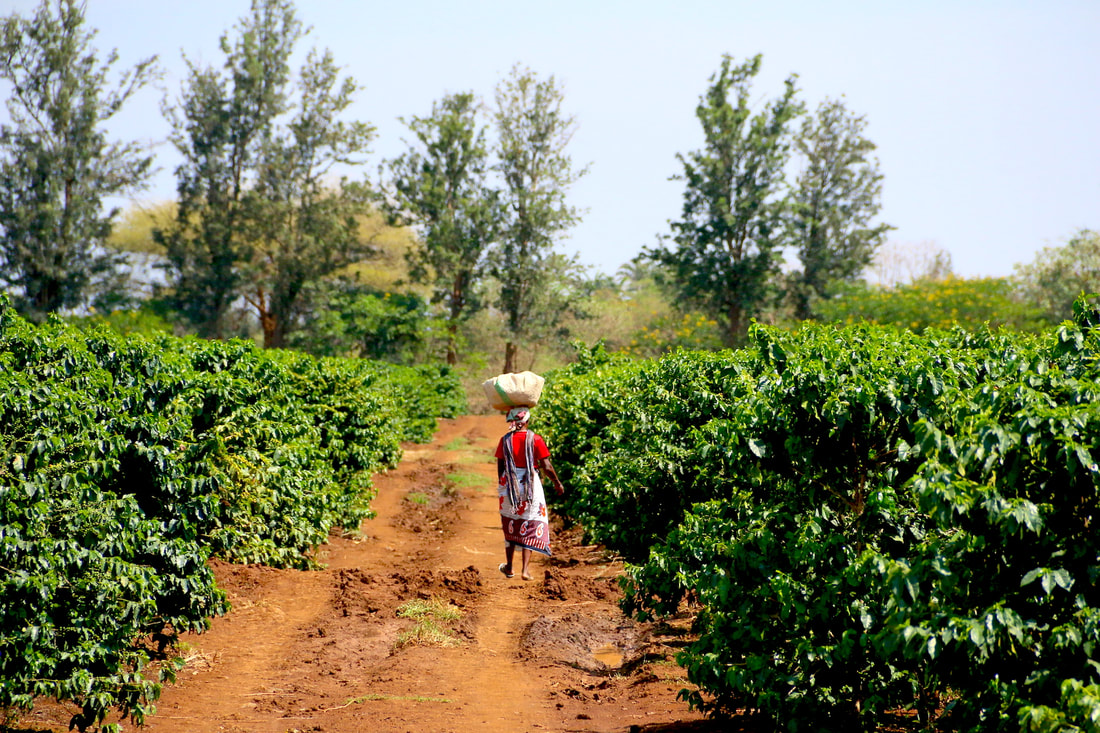
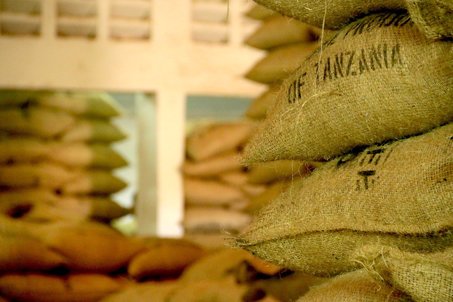
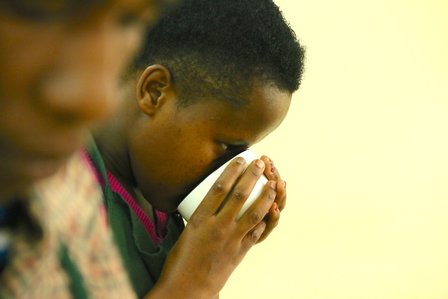
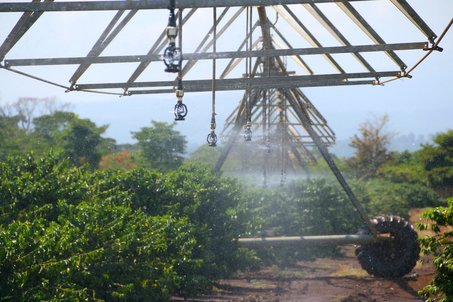
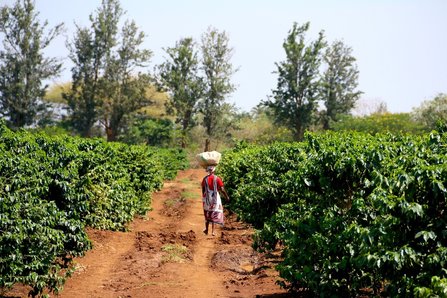
 RSS Feed
RSS Feed